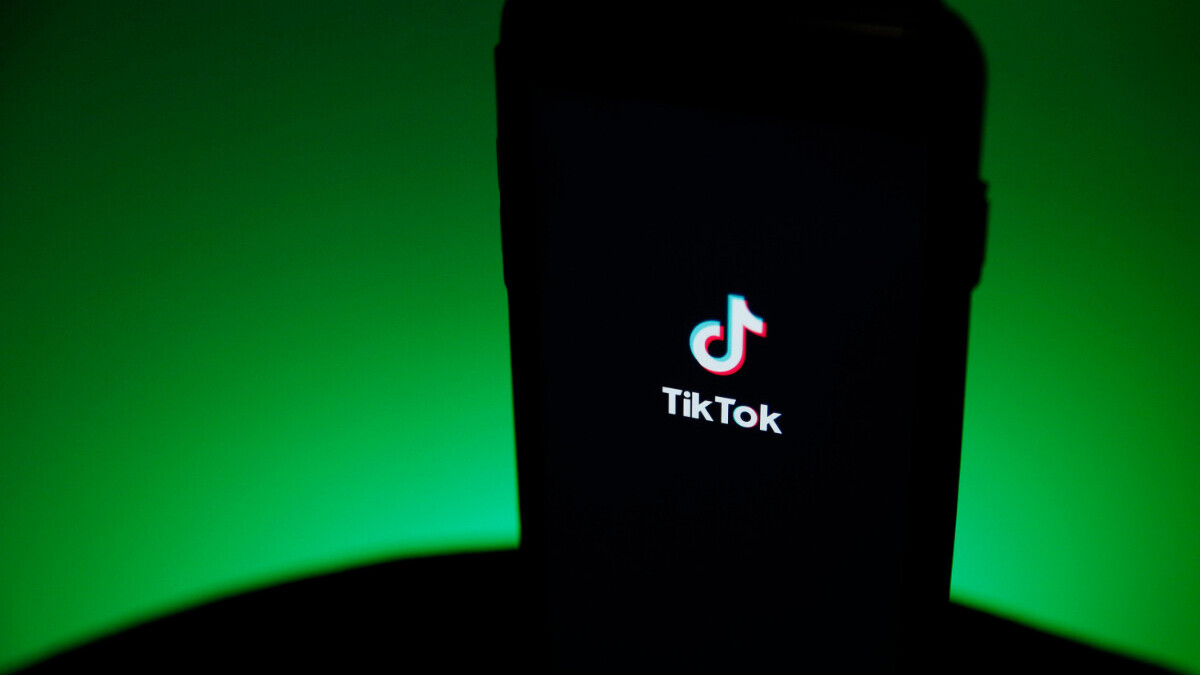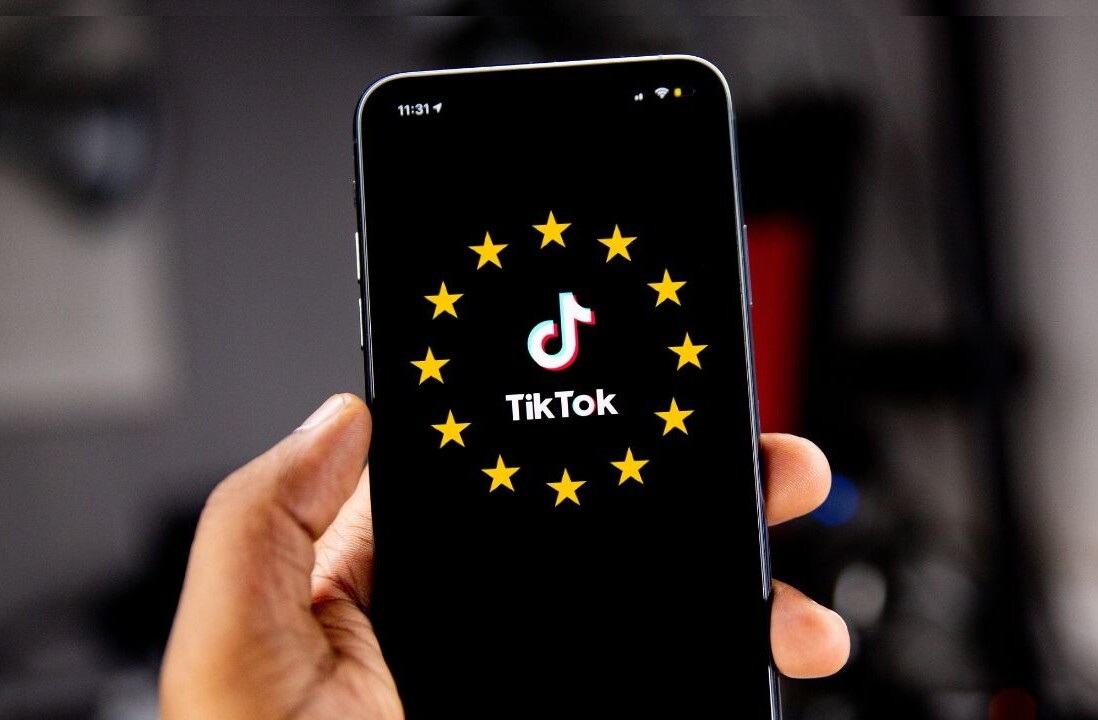
TikTok has promised to invest €12bn as part of an ongoing push to appease European regulators, who have raised suspicions that the app’s user data is being monitored by the Chinese government.
In response to repeated allegations of this nature, the short-form video app launched Project Clover in March. While it might sound like a secret military sting operation, the programme is pretty mundane.
Essentially, Project Clover aims to build three massive data centres on the continent to keep European user data in Europe — and “within reach” of local authorities.
Yesterday, TikTok pledged €12bn over the next 10 years for the project. The first data centre, a facility in Dublin, Ireland, was completed in September. The second one is currently under construction in the frosty climes of Hamar, Norway.
TikTok this week announced it took possession of the first of three buildings at the site, and will begin migrating European data to the servers housed there from mid-2024. It said the centre will run solely on renewable energy and will be the largest facility of its kind in Europe once complete. The third and final data centre will also be built in Ireland.

TikTok’s mammoth investment also covers the consultancy fee of British cybersecurity firm NCC, whom the social media firm hired to audit its data controls and provide third-party accountability.
“All of these controls and operations are designed to ensure that the data of our European users is safeguarded in a specially-designed protective environment, and can only be accessed by approved employees subject to strict independent oversight and verification,” said Theo Bertram, TikTok’s VP of Public Policy in Europe.
A series of institutions including the EU Commision, the UK Parliament, and the French government have banned use of TikTok on work-related devices, over fears that the app has been infiltrated by the Chinese government — allegations which the company has vehemently denied.
The full migration of TikTok’s 150 million European users in the region is expected by the end of 2024. Currently, the company stores its global user data in Singapore, Malaysia, and the US.
Get the TNW newsletter
Get the most important tech news in your inbox each week.





